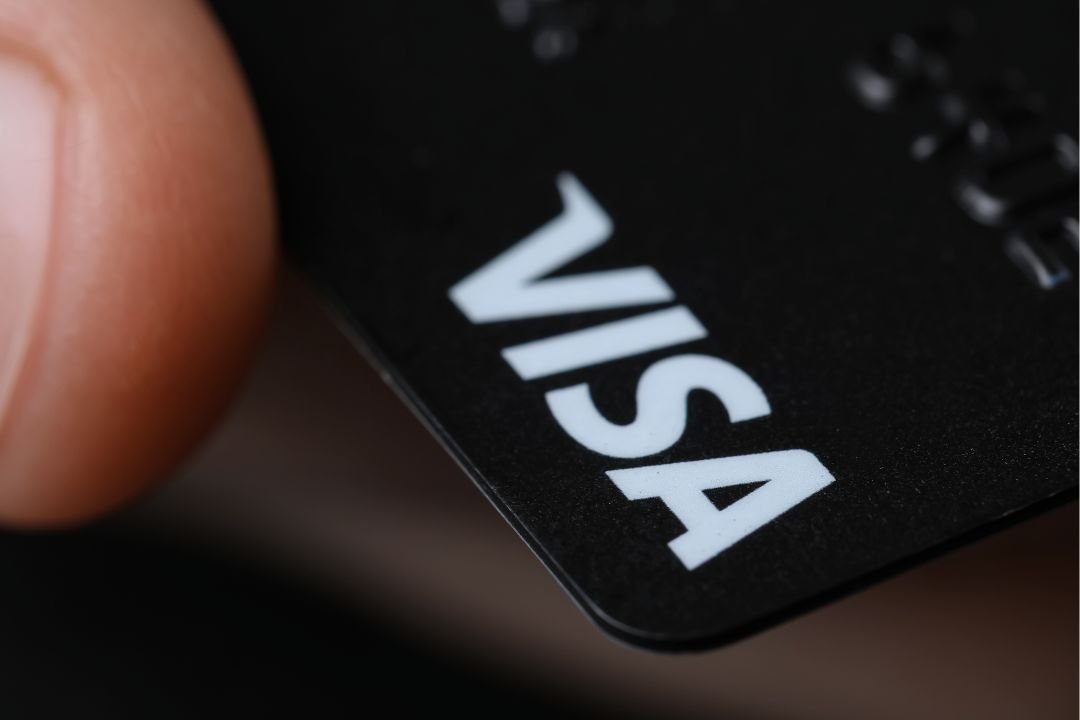
The US Justice Department filed a lawsuit against Visa Inc., accusing the payments giant of unlawfully monopolizing the debit card sector. This marks the Biden administration’s first significant antitrust action in the financial services arena.
Visa, a leading payment network globally, handles over 60% of debit transactions in the United States, generating around $7 billion annually from fees associated with transactions processed on its network, according to the Justice Department. Prosecutors claim that the company maintains its dominance through contracts with card issuers, merchants, and rival firms.
Julie Rottenberg, Visa’s general counsel, said that competition in the debit market is strong and that the claims are without merit. She emphasized that the company will fight them hard. She added, “When businesses and consumers choose Visa, it is because of our secure and reliable network, world-class fraud protection, and the value we provide.”
The push to address fees commonly referred to as swipe or interchange fees is part of the Biden administration’s strategy to address increasing consumer costs, a significant concern ahead of the presidential election on November 5 between Democrat Kamala Harris and Republican Donald Trump.
Attorney General Merrick Garland said, “Visa’s unlawful conduct affects not just the price of one thing, but the price of nearly everything.”
According to a senior Justice Department official, Visa’s supposed unfair practices started around 2012, coinciding with the entry of rival companies into the payments market due to reforms that mandated card issuers to support networks that were not affiliated with them.
Visa has reportedly engaged in profitable agreements with potential fintech rivals, such as Apple, PayPal, and Block’s Square, in which they allegedly agreed not to launch products that could undermine Visa’s market position, according to prosecutors. PayPal declined to comment, while Apple and Block did not respond to requests for statements. Additionally, the lawsuit claims that Visa imposes “significant financial penalties” on merchants who fail to process the majority of eligible transactions through its network.
Prosecutors are requesting a Manhattan judge to issue an order preventing Visa from implementing pricing strategies that hinder competition and from compensating competitors to refrain from competing. They argue that these actions would help revive competition for debit payment processing services both online and in physical locations.
In 2021, the Justice Department’s antitrust division launched an investigation into Visa’s debit card practices, coinciding with its decision to block Visa’s acquisition of financial technology firm Plaid. Meanwhile, Mastercard also disclosed that it was under investigation by the Justice Department as of April. Both companies have been involved in legal disputes regarding their market dominance for nearly two decades.
In 2019, Visa and Mastercard reached a $5.6 billion settlement with U.S. merchants in a class action lawsuit that accused them of engaging in anticompetitive behavior. However, a federal judge in Brooklyn dismissed a related settlement in June, which aimed to cut swipe fees by about $30 billion over five years and would have allowed merchants to charge customers for card usage. Visa has allocated approximately $1.6 billion to cover potential settlements in these and other U.S. cases related to interchange fees.










